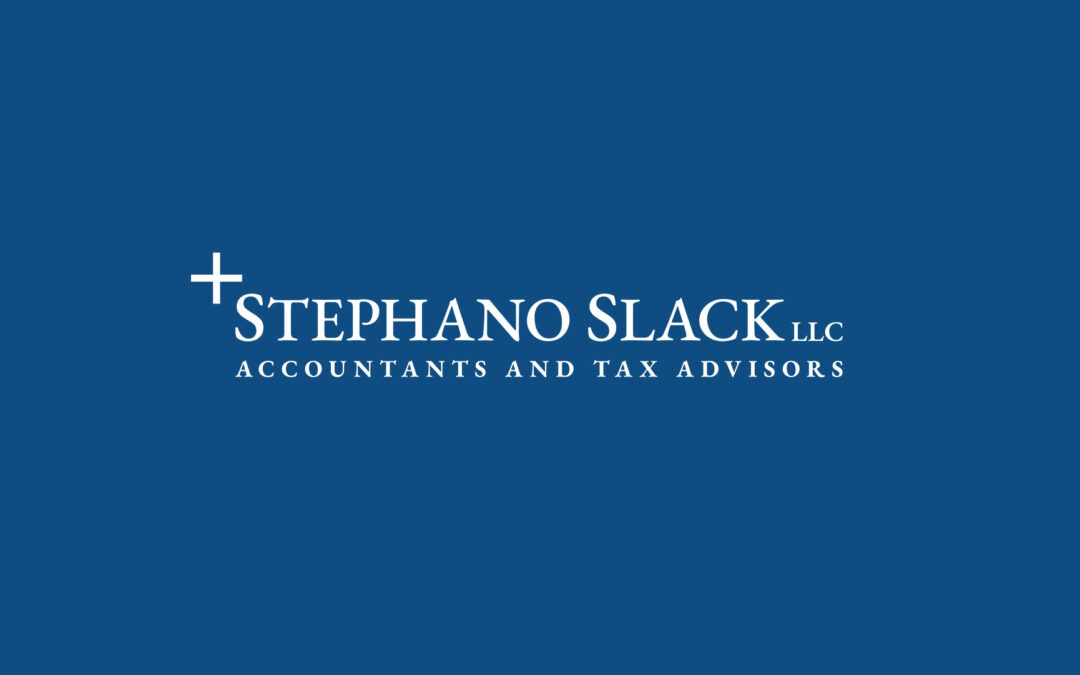With the passage of tax reform, many taxpayers are evaluating the impact on their businesses and choice of entity type. Some S-Corporations may find it more advantageous to be taxed as a C-Corporation, even after considering the double taxation of C-Corporation dividends. However, there are some other issues to consider when switching over from an S-Corporation to a C-Corporation.
A corporation’s S-election can be revoked by sending a letter to the IRS stating this intention. Majority shareholder consent is required to revoke the election. The taxpayer can choose the date they desire the revocation to be effective. The effective date can even be mid-year if desired. If no date is chosen the default date depends on when the revocation is filed. A revocation filed by the 15th day of the third month is retroactive to the first day of the tax year. If it is filed after the 15th day of the third month, the revocation is effective on the first day of the following year. Generally, the corporation must wait 5 years before an S election can be made again.
If the corporation has any Qualified Subchapter S-Subsidiaries (Q-Subs), those elections will terminate once the corporation’s S-status is revoked. Generally, no gain or loss is recognized from this event. However, if the former Q-Sub’s liabilities exceed the tax basis of its assets a gain will be recognized.
Once the corporation revokes its S-status, it has until the end of the post-termination transition period (PTTP) to distribute its prior earnings (accumulated adjustments account or AAA) tax free. The PTTP is the period beginning on the day after termination and ending on the later of one year after the termination date of the due date for filing the final S-corporation return, including extensions. These distributions generally must consist of cash only. With the new rules under tax reform, certain corporations can treat distributions paid after the PTTP as coming proportionately from AAA and from accumulated earnings and profits (E&P). This would allow a portion of those distributions to be tax free to the shareholders.
Jeff Cyron
302-777-7400



Recent Comments